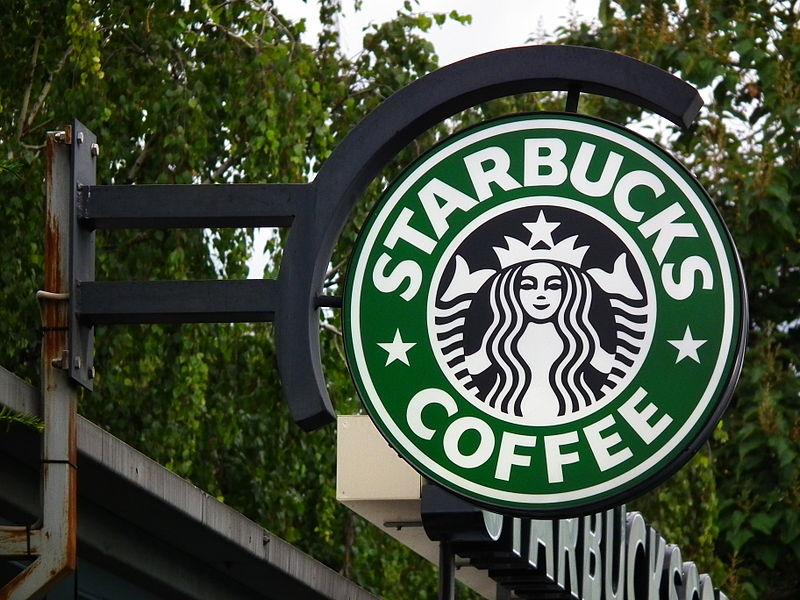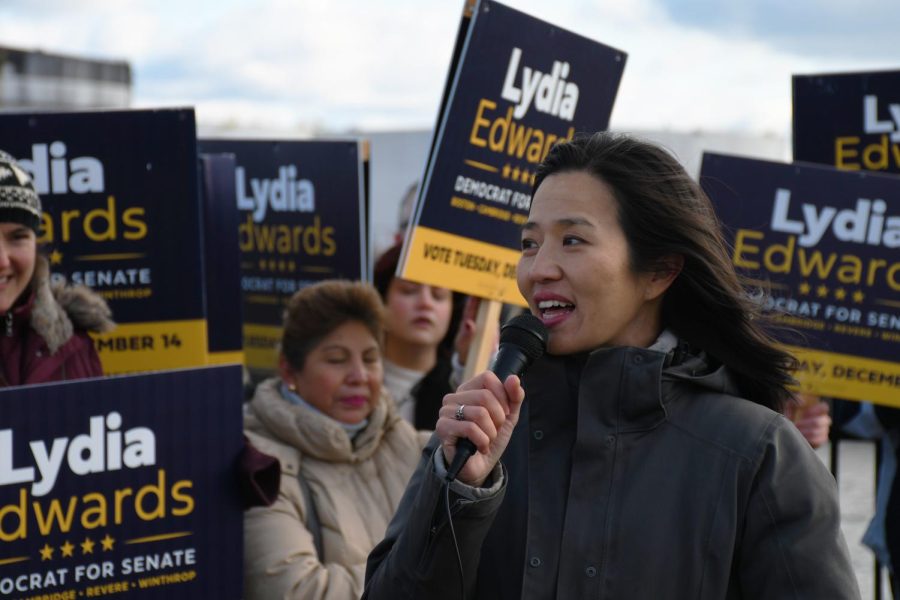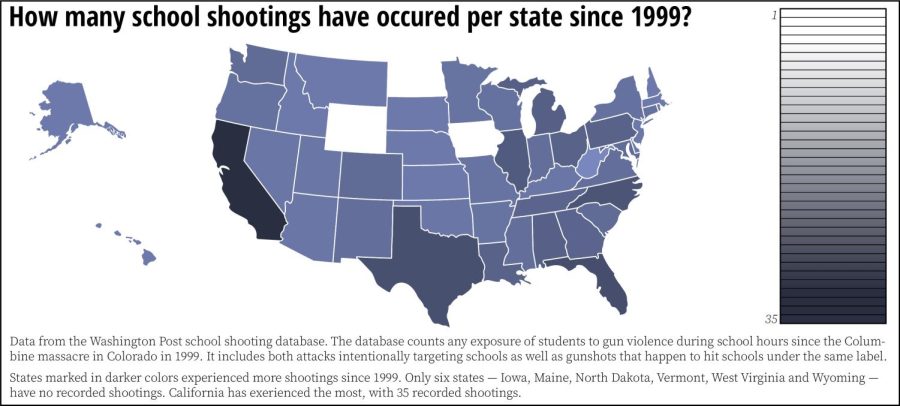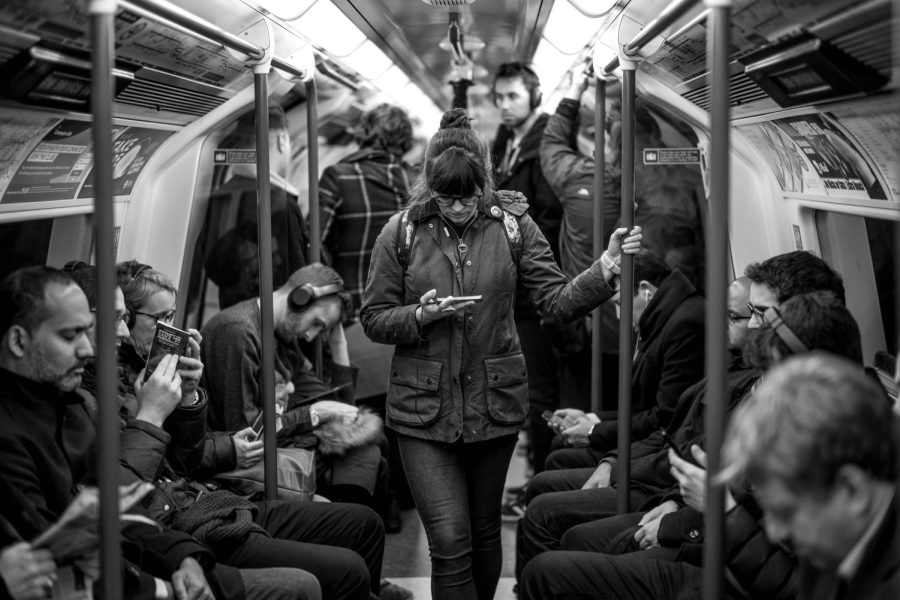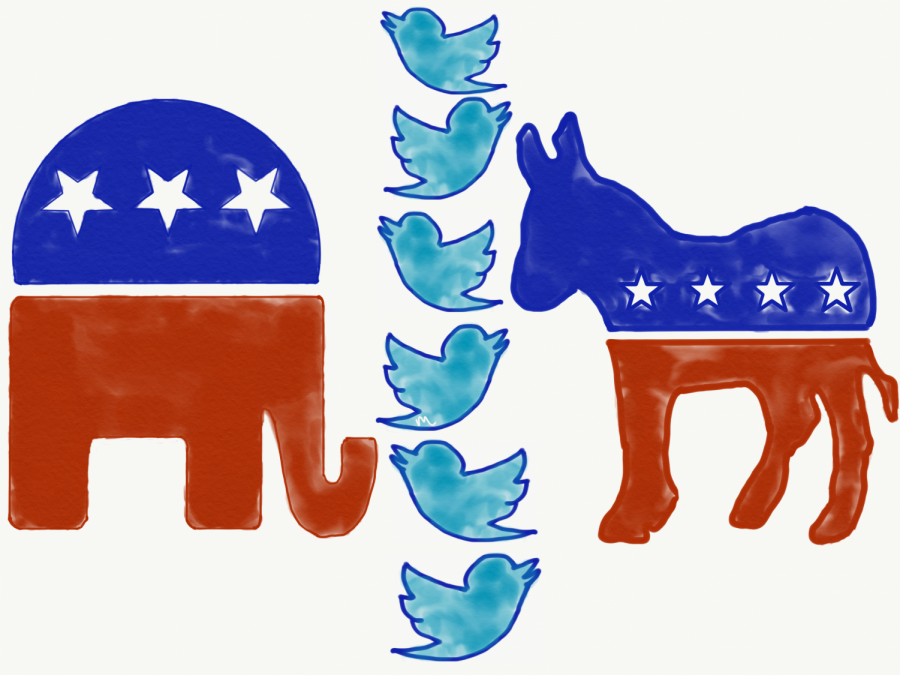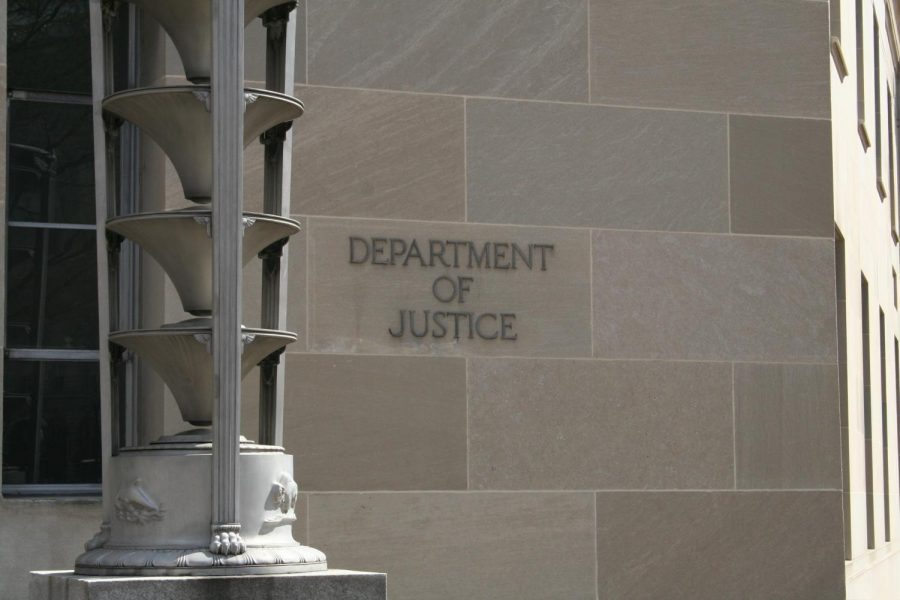By Sean Connolly, Editorial Section Editor
TThe last week has been full of important, world-shaking events. President Barack Obama made a formal announcement rejecting the controversial Keystone XL pipeline, Catalonia has voted to secede from Spain and the presidents of China and Taiwan met for the first time ever; the headlines never end. But there’s one issue that has been dominating national conversation, an issue so controversial it spawns no end of debate, something so important people on social media can’t stop talking about it: Starbucks has a new holiday cup.
Social media has become the festering ground for rage against a red Starbucks holiday cup that lacks any Christmas ideology, with cries that political correctness has gone too far. Conversation about more important issues has been derailed, with people on both sides of the issue spending far too much time on an topic with few real-world consequences.
The conversation is even making its way into politics, with Republican presidential hopeful Donald Trump weighing in on the issue. “Maybe we should boycott Starbucks,” Trump said in a speech on Monday to applause from his supporters.
The pushback against this new cup isn’t an isolated issue. Some Christians in America have long been offended by what they describe as a “war on Christmas.” The rise of the phrase “Happy Holidays” instead of “Merry Christmas” during the winter season is seen as unnecessary political correctness. The use of the phrase “Xmas” has also been condemned, as some call for Americans to put the “Christ back in Christmas.”
“If I become president, we’re all going to to be saying ‘Merry Christmas’ again,” said Trump in the same speech on Monday.
The issue with these viewpoints is they portray Christians as an underprivileged group in America. Christians aren’t oppressed in the US. They have long held political and cultural dominance. A 2015 survey by the Pew Research Center found that about 70 percent of Americans identify as Christians, and the US is home to more Christians than any other nation in the world. Our coinage says “in God we trust,” and our pledge of allegiance has us recite “one nation, under God.” There’s a reason why no non-Christian president has ever been elected, and why detractors of Obama attempted to discredit him by calling him a Muslim.
There’s also a reason why there are few hate crimes against Christians in the US but far too many against people of the Jewish and Muslim faiths. According to a 2013 report by the FBI, US religious hate crimes from 2001-2012 were perpetuated 66 percent of the time against Jewish people and 12.1 percent of the time against Muslims. These people are facing real hatred and oppression, much more severe than being given a minimalistic coffee cup.
Real and important conversations need to be had about religion in the US, but framing these conversations in their current context does little good.
A non-Christian has the right to not be assumed to be celebrating a Christian holiday. Having store greeters say “Happy Holidays” isn’t an erasure of Christian culture, it’s an acknowledgement that people have the right to hold other religious beliefs. The constant reinforcement of Christianity as the norm only helps contribute to prejudice and hatred towards other religions.
What hardliner Christians are afraid of isn’t some type of American oppression of the religion as a whole; it’s a decrease of the complete dominance Christians have had in this country since its conception, yet other religious groups continue to face real oppression, often involving physical violence. A continuation of Christian superiority only increases these issues. When a Christian is told “Happy Holidays,” and they feel offended for not being assumed to be a Christian, perhaps they may feel, just a bit, how it is for every other religious group in the US that doesn’t experience the privilege of knowing their religion is the majority.
Photo Courtesy Wikipedia, Creative Commons


